I came back to Japan at the end of February to see my family. Since I am a freelance writer, I’m sitting in the lounge of my parents’ house and writing almost all day. My mum loves watching TV. The TV in the lounge is on while she is awake. Inevitably, I am having the shower of information from the TV about COVID-19.
Coronavirus (COVID-19) is a critical issue in Japan now. On TV, the experts in infectious diseases appear in turn every hour, every day to talk about COVID-19. I want to share the information about what we can do to avoid getting infected with the coronavirus.
Please note that this article is the collection of pieces of information I got from Japanese media, though I am not a medical specialist in infection. Therefore, whether you believe it or not is up to you, ultimately.
How is the COVID-19 spread?
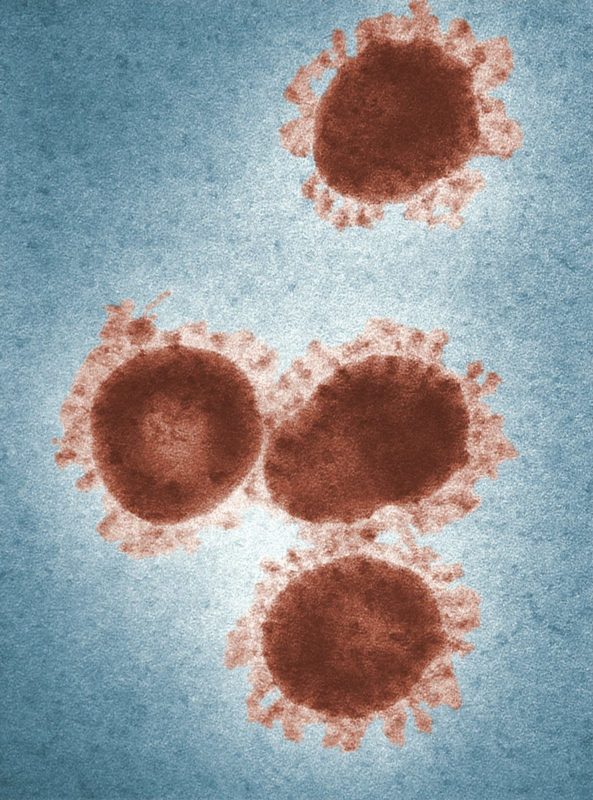
The coronavirus can spread from people to people through;
- respiratory droplets – by breathing it in after someone infected with the COVID-19 has coughed or sneezed. It often happens when you are as close as 2 meters to an infected person.
- touching or contacting – by touching the same object after someone infected with COVID-19 has coughed or sneezed covering with their hands and touched the object with those hands. The virus attached on the object’s surface can be infected when you touch your nose, mouth and eyes after being transmitted onto your hands. It often happens with hand straps, handrails, bottoms, switches and doorknobs.
Washing hands is more effective than wearing masks
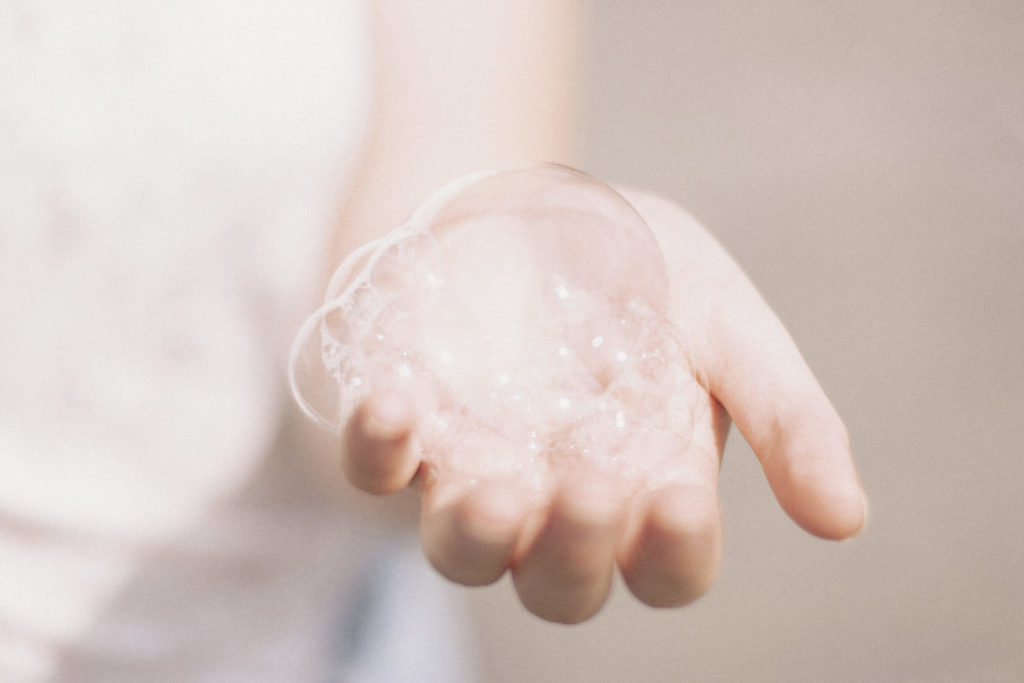
In Japan, almost everyone is wearing masks now. It’s almost impossible to buy face masks in shops. Even when I tried to buy some in Montreal before I came back to Japan, it was really difficult to find them.
However, wearing masks is not as effective as washing hands frequently in order not to get infected. If you are infected with the virus, you should wear a mask to avoid getting other people infected from you, but when you want to protect yourself from the virus, it is much better just to wash your hands every time you have come back home from outside. It is recommended to wash your hands with soap and water frequently or use alcohol-based hand sanitiser gel when soap and water are not available.
WHO also suggested not to wear masks unless you have symptoms such as coughing or sneezing not to spur short supply.
Wash your clothes after going out
Since the coronavirus can spread by touching or contacting a contaminated object, it is possible your clothes are attached to the virus when you go out.
It can be effective to wash clothes which you were wearing after you have got home. Neither WHO or the Japanese Ministry of Health, Labour, and Welfare have made an official announcement about how hot the COVID-19 virus dies, but some experts said that it can die at 80 degrees Celsius. So, it may kill the virus to soak your clothes in the water hotter than 80 degrees Celsius for more than 10 minutes before you wash in a washing machine.
There was a rumour in Japanese and Chinese that drinking warm water can kill the virus because the virus cannot be alive at 26-27 degrees, but this is incorrect.
Sunbathing your clothes might help
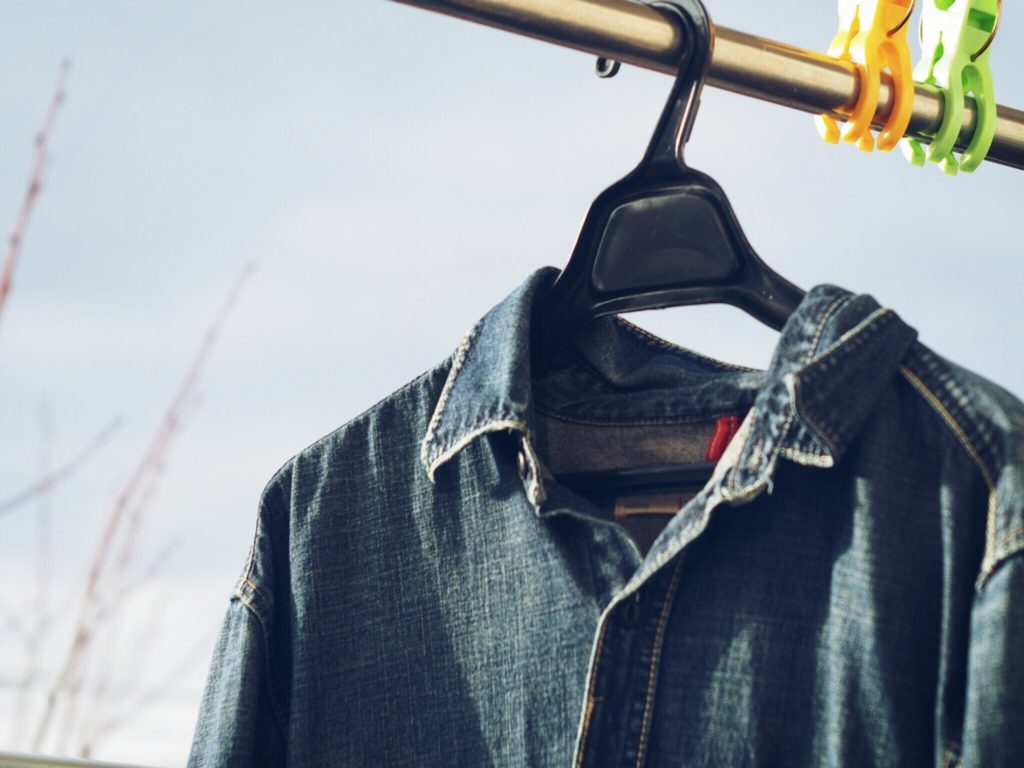
It is not too difficult to wash my clothes which I was wearing outside in the washing machine after getting home, but how about my coat, bag and shoes?
It seems that the virus can be killed by sunshine, as Professor John Nicholls from the University of Hong Kong’s Department of Pathology said. Therefore, we can put our coats, bags and shoes in the sun to kill the virus if it is on them.
Another expert recommends that we need to put our things in sun for at least 90 minutes. You may want to do it both for the inside and the outside of your coats.
Avoid going to crowded places
Transmission of the coronavirus from human to human occurred more often in small and close places (at least in Japan) such as a live music club, sports gym, yoga studio, house exhibition and cruise ship. It’s riskier indoor rather than outdoor. It’s better to avoid staying in crowded places for a long time, especially in small and close places.
Please note that it is more possible to get infected when you are as close as two meters to someone with the virus.
An expert said that swimming in a pool is not dangerous because the water in the pool is chlorinated but you have to be careful not to get infected when you are chatting with people in the changing room.
If you want to do exercise, walking in an open space like a park is recommended rather than working out in a gym.
Digital money may be safer
When the infection case of a worker in a bank was reported in Japan, people joked that the person might have got infected from the bills. There was an image posted on social media of people sterilising the bills in China. The possibility of getting infected through the bills is not zero. You might feel more comfortable using your digital money, credit cards or debit cards to pay at supermarkets.
Keep your immune system strong
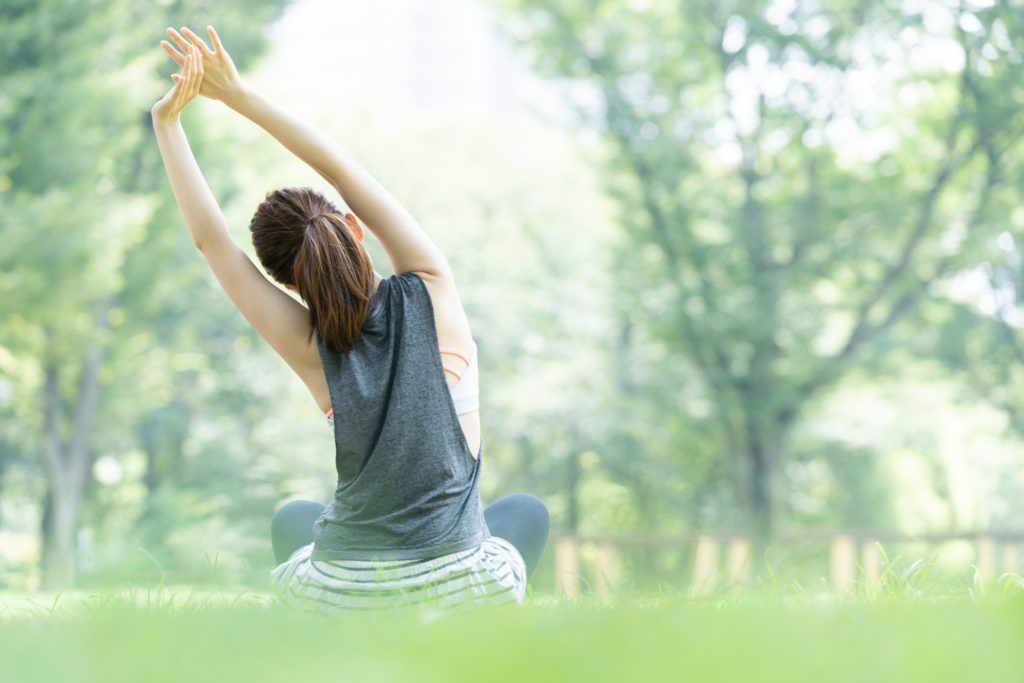
The immune system is the function to protect our bodies against invaders, such as viruses, bacteria. We should try to keep our immune system strong to avoid infection.
- well-balanced diet
- sleep well
- don’t smoke
- don’t drink too much
- stay hydrated
- do exercise regularly
- try to reduce stress
Most importantly, wash your hands
The most important thing is washing your hands with soap and water. If soap and water are not available, clean your hands with hand sanitiser.
The coronavirus (COVID-19) is spreading worldwide now. I have a feeling that the fear of this virus is a bit too exaggerated. COVID-19 will be as common as influenza in the future. To protect yourself from the virus is not complicated: clean your hands and wear masks when you have symptoms.
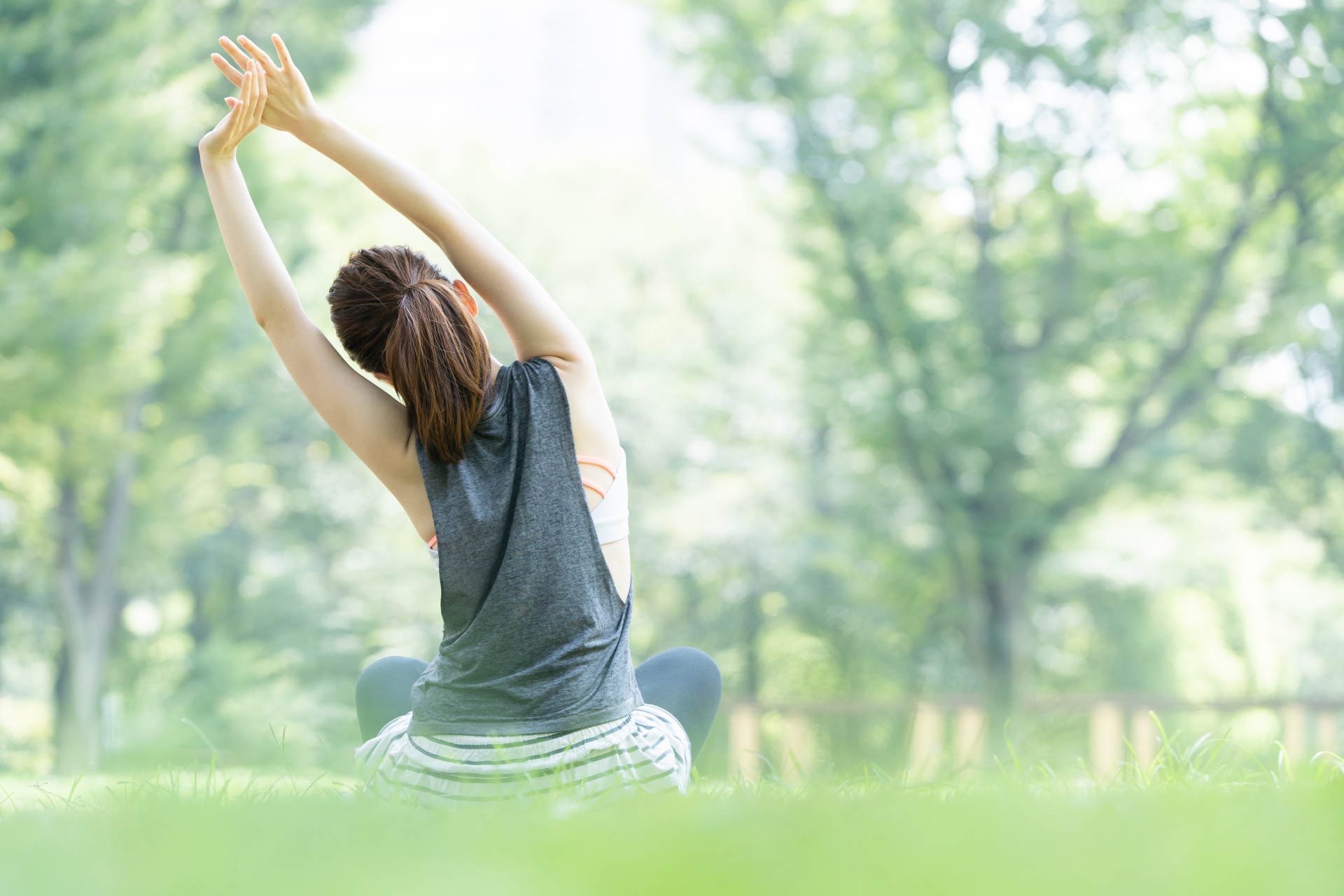







Comments